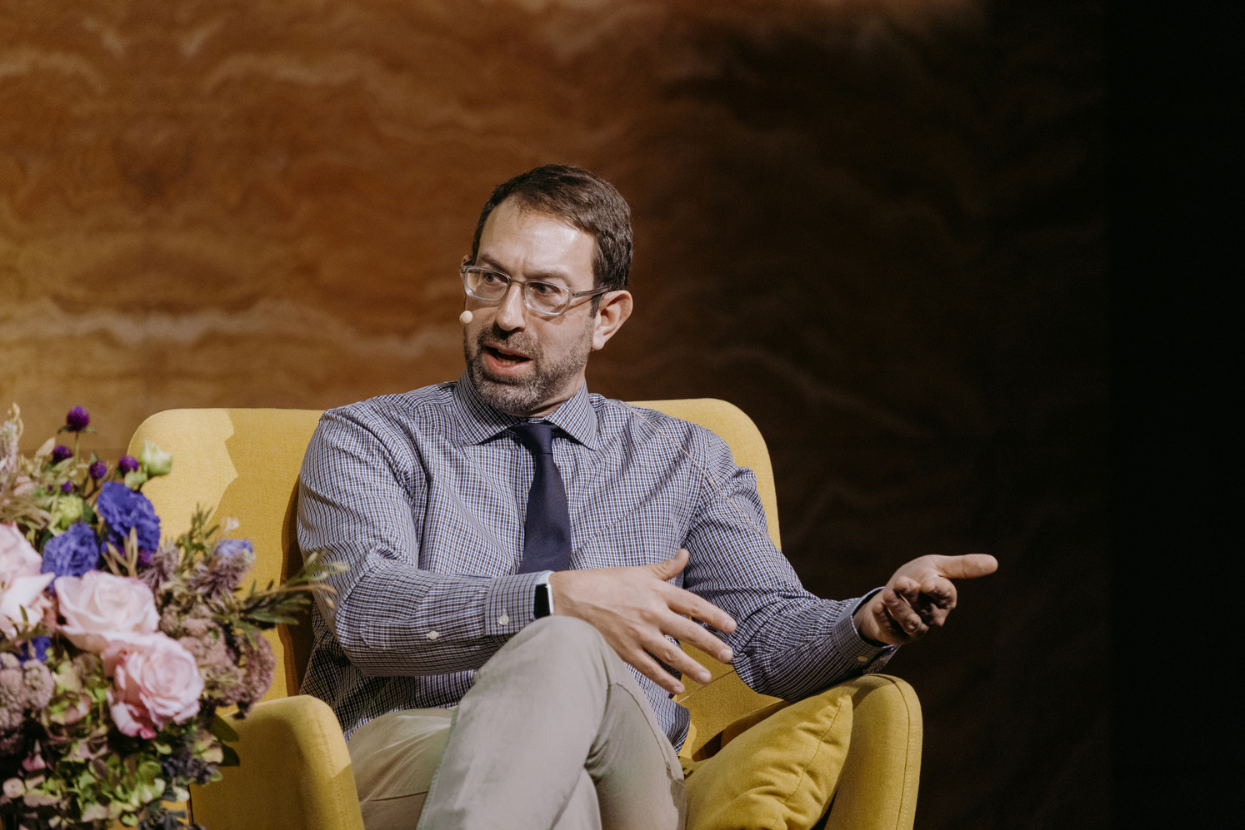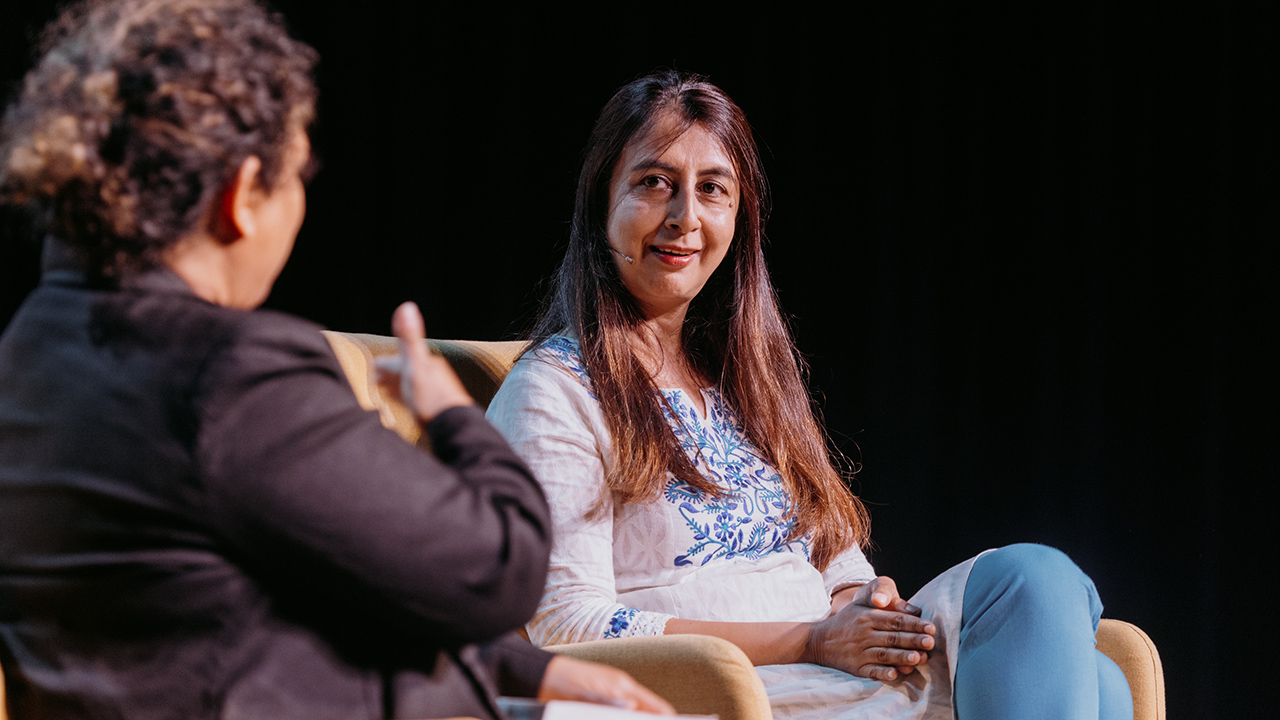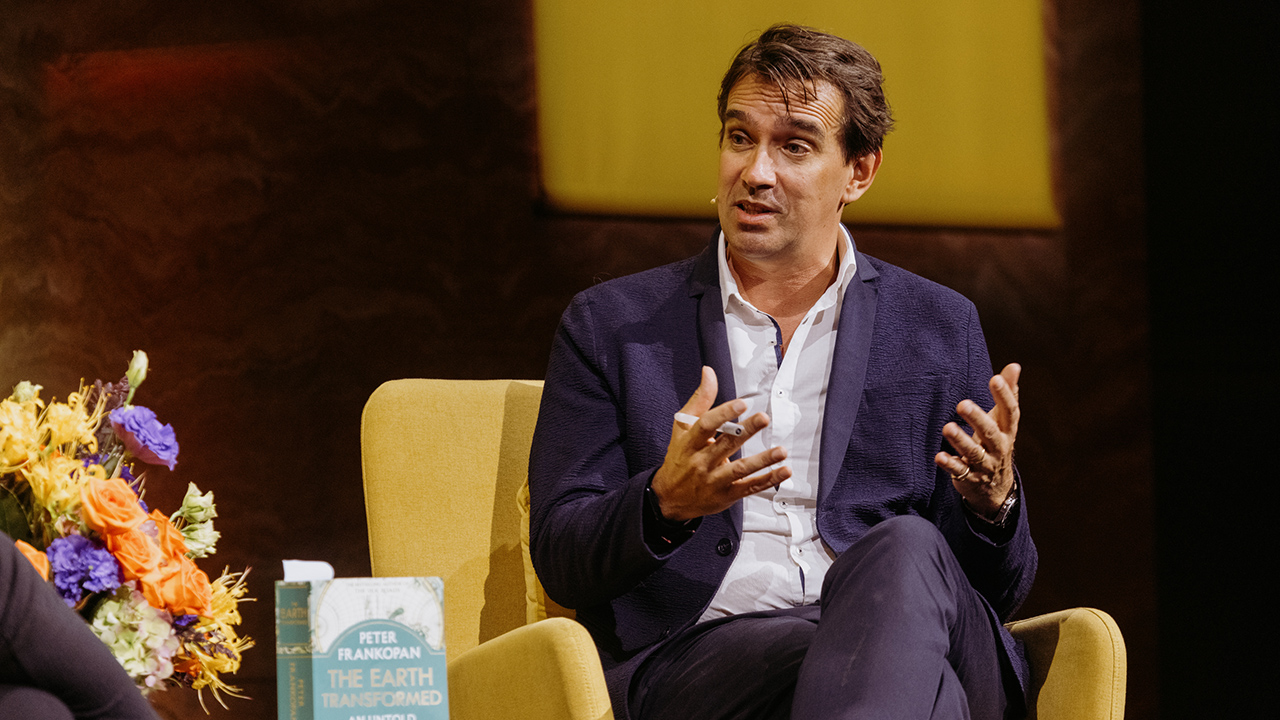RoboCup 2019 Talks: RoboEthics
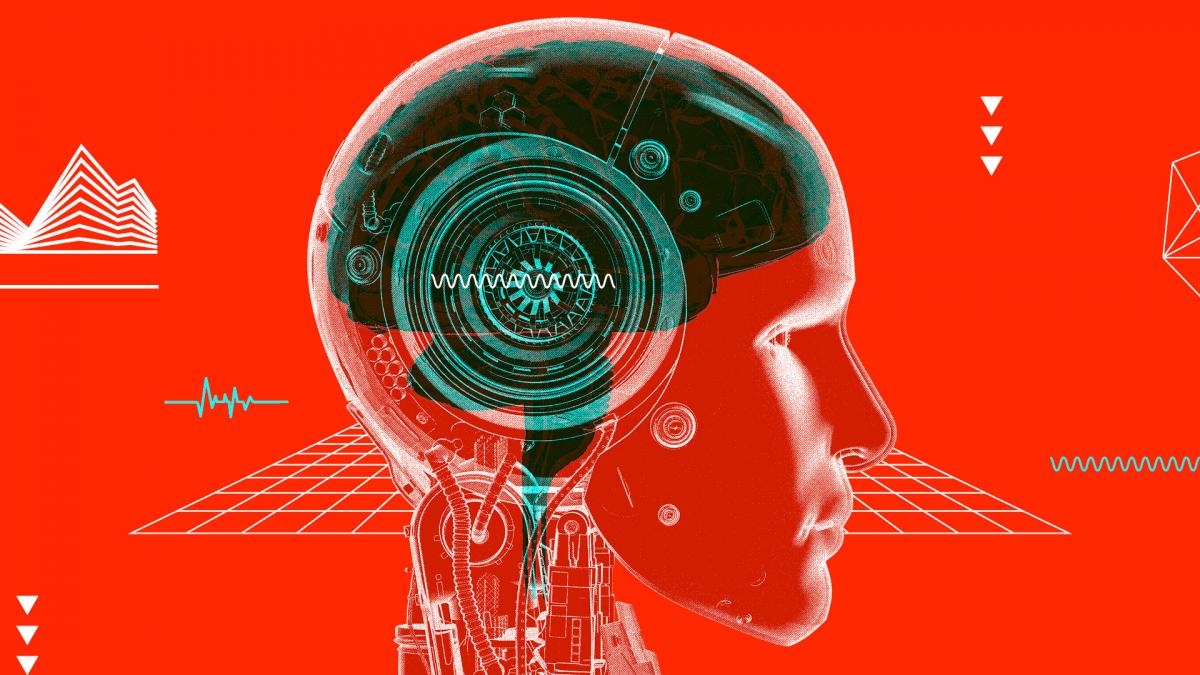
When we build robots and artificial intelligence, is there anywhere we shouldn’t go?
Stephen Hawking once claimed that AI could be the greatest threat to humanity. The tech world’s most prominent visionaries have voiced concerns around the proliferation of robots in all areas of our lives, yet we continue to hurtle towards a brave new mechanical world. Is it possible that in the future we could be looking at a self-aware artificial intelligence?
If robots become just as sentient as humans, will they be afforded the same rights? Should there be a set of immutable ethical laws around robots and AI before it’s too late and if so, whose job would it be to determine and enforce them?
Join UNSW robots and AI expert Professor Toby Walsh, researcher and digital strategist Kate Devlin, philosopher Matthew Beard and legal ethicist Justine Rogers to tackle these moral dilemmas and determine how these rapidly emerging technologies will impact our tomorrow.
Presented by UNSW Centre for Ideas as a part of RoboCup 2019 Sydney, an international robot soccer competition and robotics conference.
Part of the UNSW Grand Challenge: Living with 21st Century Technology.
Want more robots?
Stay at Sydney Town Hall and attend the following event that evening. Find out when the robots are moving in at a free event on the Saturday.
RoboWarfare
Should robots have the right to kill?
Lower Town Hall, Thu 4 Jul, 7.30pm, $10 + booking fee
RoboReveal
Big ideas and new developments in AI as we start cohabiting with robots.
ICC Sydney (Exhibition Centre Lvl3, Room E3.2), Sat 6 Jul, 2pm, Free
Access

Sydney Town Hall’s accessible entrance is via the Druitt St (opposite the Queen Victoria Building). Accessible unisex toilet facilities are available on each publicly accessible floor of the building. If you require assistance when visiting the building, please contact Sydney Town Hall to discuss your requirements on 02 9265 9282.

Companion Card
The Centre for Ideas supports the Companion Card program. For patrons who require assistance of a companion or carer, a second ticket is issued at no cost to the Companion Card holder.
Auslan
The Centre for Ideas can provide Auslan interpreting services for selected talks upon request.
Contact
To discuss your access requirements and to book any access services, please call the Centre for Ideas on 02 9385 1000 or email centreforideas@unsw.edu.au.
The Centre for Ideas is happy to receive phone calls via the National Relay Service. TTY users, phone 133 677, then ask for 02 9385 1000. Speak and Listen users, phone 1300 555 727 then ask for 02 9385 1000. Internet relay users, visit relayservice.gov.au, then ask for 02 9385 1000.

Matthew Beard
Matthew Beard is an Australian philosopher and ethicist, based in Sydney. He has a PhD in philosophy, with a thesis focussed on military ethics, the post-war experience of veterans and the relevance of concepts virtue and character in talking about the morality of war today. He writes regular columns for New Philosopher – one on ethical dilemmas and one answering philosophical questions from children. Beard is also the resident ethicist on Short & Curly, an award-winning podcast discussing ethics for kids, produced by the ABC. His work discusses subjects including military ethics, moral injury and PTSD, cyberwar, torture, and medical ethics in book chapters, scholarly articles, radio interviews, public opinion pieces, and at academic conferences both domestically and internationally. He’s passionate about public philosophy and communication, and discussing ethical questions in popular media outlets.

Kate Devlin
Kate Devlin is Senior Lecturer in the Department of Digital Humanities at King's College London. Having begun her career as an archaeologist before moving into computer science, Devlin’s research is in the fields of human computer interaction (HCI) and artificial intelligence (AI). She investigates how people interact with and react to technology in order to understand how emerging and future technologies will affect us and the society in which we live. Devlin has become a driving force in the field of intimacy and technology, running the UK's first sex tech hackathon in 2016. In short, she has become the face of sex robots – quite literally in the case of one miscaptioned tabloid photograph. She was probably the first person to say "sex robots" in the House of Lords – in an official capacity, at least. Her book on the subject, Turned On, was published in 2018.

Justine Rogers
Dr Justine Rogers is Deputy Director of the Law Society of NSW Future of Law and Innovation in the Profession (FLIP) research stream as part of the Allens Hub for Technology, Law and Innovation at UNSW Law. She is also a chief investigator in an Australian Research Council Linkage grant with the Professional Standards Councils on professionalism and professional regulation in the 21st Century. Rogers is a Senior Lecturer in Lawyers, Ethics & Justice, the core legal ethics course at UNSW Law. She completed her Doctor of Philosophy at the Centre for Socio-Legal Studies at the University of Oxford, which was an ethnographic study of London barristers and pupillage. Rogers also holds a Masters in Educational Research Methodology from the University of Oxford.
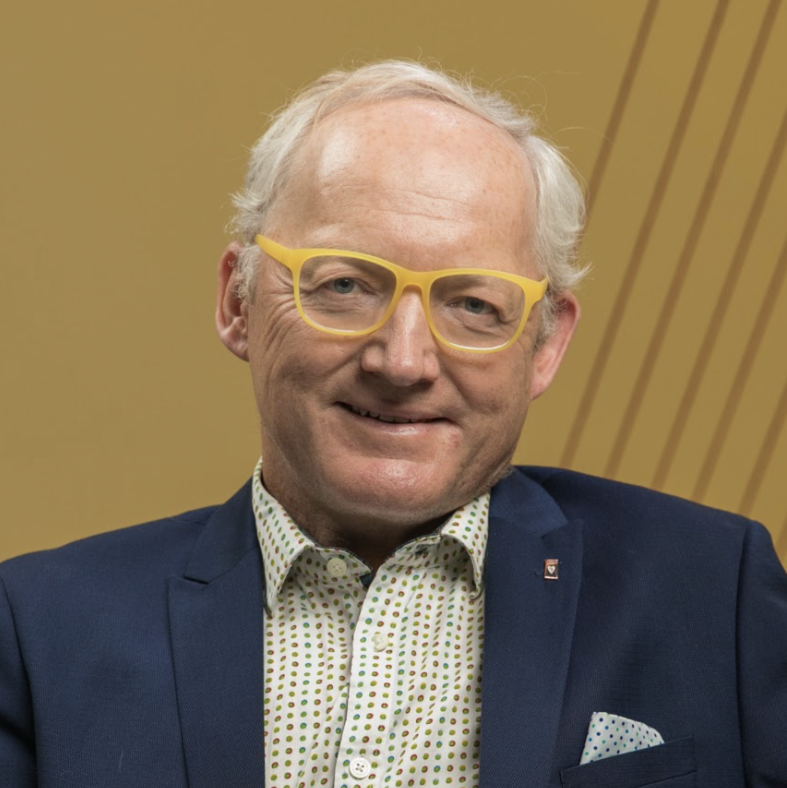
Toby Walsh (Host)
Toby Walsh is an ARC Laureate Fellow and Scientia Professor of AI at UNSW Sydney and CSIRO Data61. He is a strong advocate for limits to ensure AI is used to improve our lives, having spoken at the UN, and to heads of state, parliamentary bodies, company boards and many other bodies on this topic. He is a Fellow of the Australia Academy of Science, and was named on the international Who's Who in AI list of influencers. He has authored three books on AI for a general audience, the most recent entitled Machines Behaving Badly: the morality of AI.

